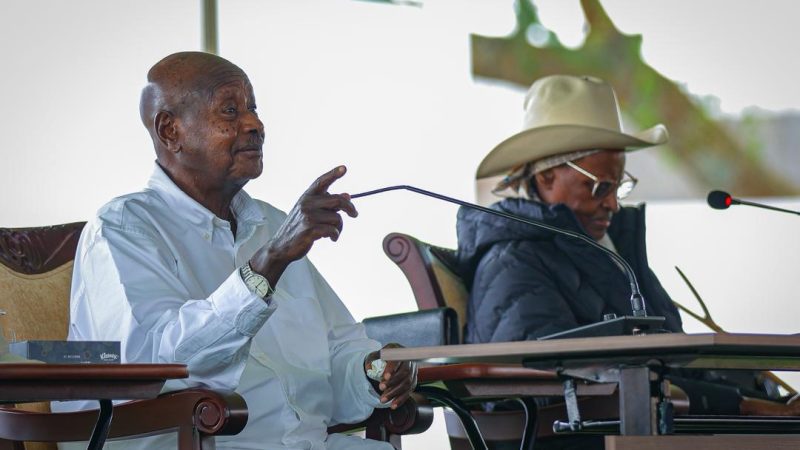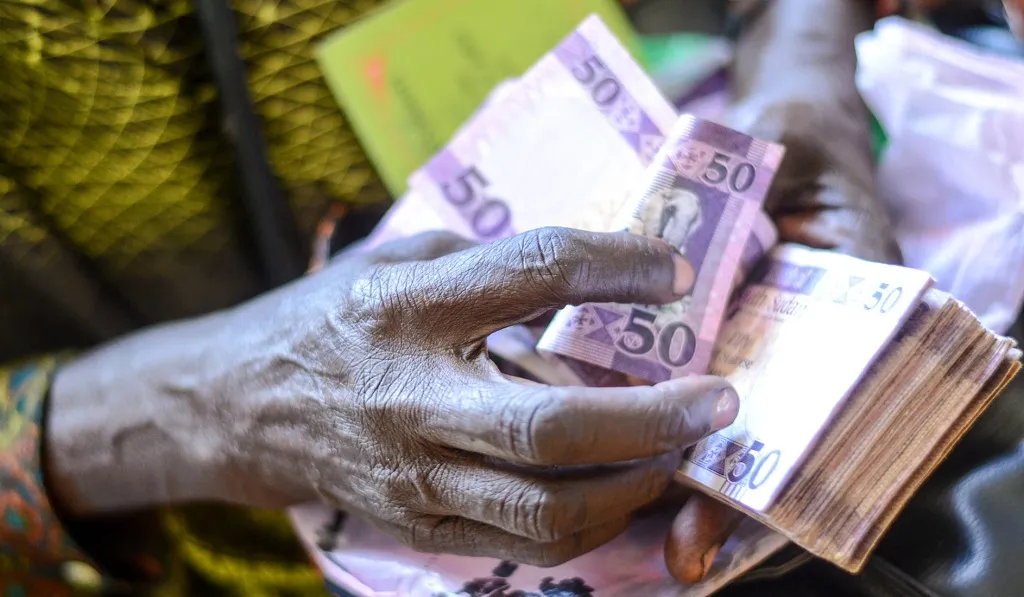The Legislative Assembly of Unity State has declined the disbursement of salaries totalling 500,000 SSP, a figure significantly lower than the approved amount of 760,000 SSP per member as per the Emolument Act passed in July. The act, signed into law on August 25 by Governor Dr. Joseph Manytuil Wejang, had set the higher salary rate.
Despite the act’s enactment and its provision for increased salaries for both the state legislature and executive, the National Committee overseeing the matter rejected the salary adjustment.
On Friday, Stephen Mawich, Chairperson of the Unity State Legislative Assembly Information Committee, announced the decision. He clarified that the rejection stemmed from the reduction in salaries for legislators and executives, bringing them down from the initially approved 760,000 SSP to 500,000 SSP.
Mawich emphasized that the 500,000 SSP offered by the state ministry of finance and the national committee did not align with the Emolument Act passed in July. He stated, “We have had several meetings with the state director-general in the ministry of finance and the national committee. During our meeting yesterday, they informed us that we can receive the salary for July without the Emolument Act being immediately applied, as the act was passed in July and signed into law on August 25.”
“Some executives, advisers, ministries, commissioners, chairpersons of independent commissions, and members of various commissions are currently receiving reduced salaries, as directed by the Director General in the Ministry of Finance and the National Committee. Additionally, all members of parliament are currently not receiving their salaries due to an ongoing disagreement between the parliament and the National Committee, as well as the Ministry of Finance in the state,” explained Mawich.
He clarified the purpose of the Emolument Act, stating, “This legislation is designed to enhance our salaries and establish a framework for the payment of parliamentarians and executives. The salary increase to 760,000 SSP is intended to support lawmakers and executives in carrying out their duties and implementing developments within their constituencies and homes.”
Mawich asserted, “If anyone opposes our Emolument Act, we will not agree with that individual. Many state executives have received their salaries with reductions. According to the passed emolument legislation, ministers can now receive 900,000 SSP, up from the previous 75,000 SSP, and commissioners are entitled to 800,000 SSP, an increase from their previous 67,000 SSP salary.”
The Finance Committee has announced its intention to engage with the National Ministry of Finance in Juba to address the rejection of salaries by Members of Parliament (MPs) in Unity State. The MPs emphasize the urgency for the immediate implementation of the Emolument Act, according to statements from legislators.
William Gatluak, Chairperson of the Finance Committee in the Unity State Legislative Assembly representing the Other Political Parties (OPP), confirmed that salaries were rejected due to reductions imposed by the National Committee and the State Ministry of Finance.
Gatluak clarified, “The Emolument Act is now part of the law since it was signed by Governor Joseph Manytuil Wejang on August 25. We are very pleased that the governor signed the Bill into law.” He further explained that the committee also reduced payments for members of the state executive, lowering them from 800,000 SSP for commissioners to 67,000 SSP.”
Mut Wuol, the State MP representing the SPLM party in the Unity State parliament, echoed the rejection of salaries, citing the clear provisions of the Emolument Act. He emphasized, “Every legislator is supposed to get SSP 760,000, but the state government is giving us SSP 500,000. We rejected this salary, and we will not accept such payment from the National Finance Committee.”









